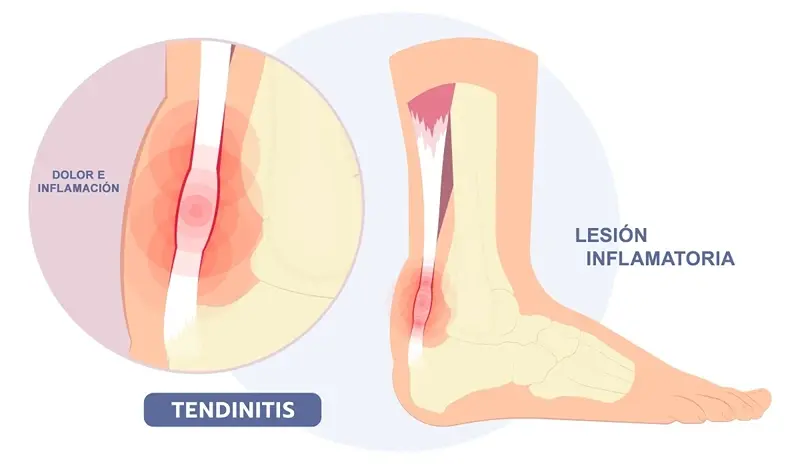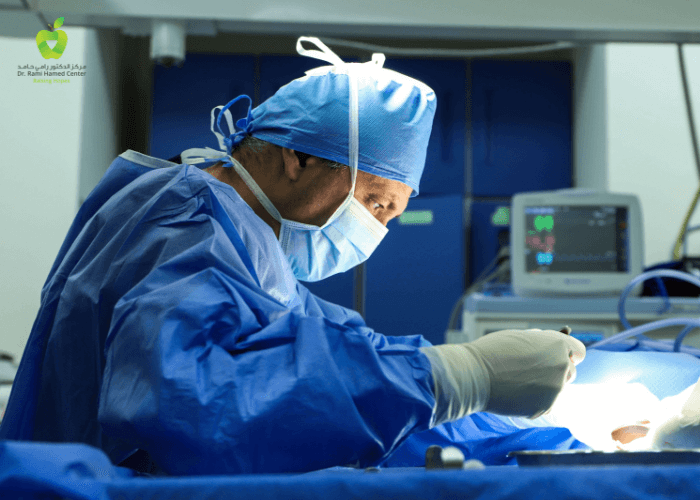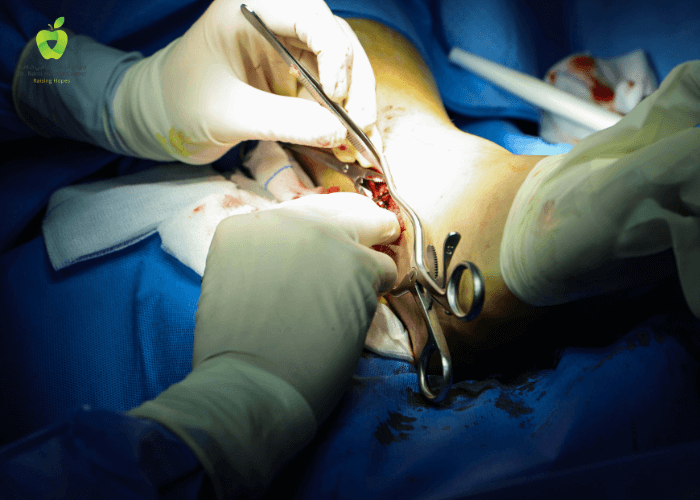Tendinitis at the Sport Injuries Clinic at DRHC Dubai
Tendinitis, or tendonitis, is the inflammation or irritation of a tendon, the fibrous tissue that connects muscles to bones. This condition commonly affects athletes, especially those involved in repetitive movements and high-impact sports like tennis, basketball, running, and weightlifting. Tendinitis can cause pain, swelling, and reduced function in the affected area, making it essential to manage it early to prevent chronic issues.
What Causes Tendinitis in Sports?
- Overuse and Repetitive Motion: Tendinitis often develops in athletes who repeatedly perform the same movements, causing strain and micro-tears in the tendon.
- Improper Technique: Poor biomechanics or incorrect form during sports activities can overload tendons, increasing the risk of inflammation.
- Sudden Increase in Activity: A rapid increase in intensity, duration, or frequency of physical activity can put excess strain on tendons.
- Aging and Degeneration: Tendons lose flexibility and strength with age, making older athletes more susceptible to tendinitis.
Common Types of Tendinitis in Athletes
Symptoms of Tendinitis
- Pain: Tendinitis typically causes pain at the site of the affected tendon, which may worsen with movement or activity.
- Swelling: Inflammation may cause swelling around the tendon, which can be visible or felt upon touch.
- Tenderness: The area around the tendon may be tender to the touch.
- Stiffness and Restricted Movement: Tendinitis can lead to stiffness, particularly after periods of inactivity, and may limit joint movement.
Diagnosing Tendinitis
A sports medicine specialist or orthopedic doctor will assess the patient's medical history and activity level and conduct a physical examination. To rule out more serious conditions, such as tendon tears or bone fractures, imaging tests like ultrasound or MRI may be recommended.
Treatment for Tendinitis
Treatment focuses on reducing inflammation, relieving pain, and allowing the tendon to heal. Common methods include:
- Rest and Activity Modification: Avoiding activities that exacerbate the condition and allowing the tendon to rest is key to recovery. In some cases, immobilization with a brace or splint may be needed.
- Ice Therapy: Applying ice to the affected area can help reduce pain and inflammation, especially during the acute phase.
- Non-Steroidal Anti-Inflammatory Drugs (NSAIDs): Medications like ibuprofen can relieve pain and reduce inflammation.
- Physical Therapy: A tailored rehabilitation program focusing on strengthening and stretching the affected muscles and tendons can help restore mobility and prevent future injuries.
- Corticosteroid Injections: In severe cases, steroid injections may be used to reduce inflammation, though repeated injections can weaken the tendon.
- Extracorporeal Shockwave Therapy (ESWT): This non-invasive treatment uses shockwaves to stimulate healing in chronic tendinitis cases.
- Surgery: Rarely, if tendinitis leads to significant tendon damage or does not respond to conservative treatments, surgery may be necessary to repair or remove damaged tissue.
Preventing Tendinitis in Sports
- Proper Warm-Up: Warming up before exercise can prepare muscles and tendons for activity, reducing the risk of overuse injuries.
- Strengthening Exercises: Building strength in the muscles surrounding the tendons can provide better support and reduce strain.
- Correct Technique: Using proper form and technique during sports and training can minimize undue stress on tendons.
- Cross-Training: Incorporating a variety of exercises to avoid overuse of the same muscle groups and tendons.
- Adequate Recovery: Allowing sufficient rest and recovery between intense workouts or competitions to prevent overloading the tendons
Long-Term Outlook for Tendinitis
With proper treatment and preventive measures, most cases of tendinitis can be managed effectively, allowing athletes to return to their sport without permanent damage. However, it is crucial to address tendinitis early to prevent chronic inflammation, which can lead to tendon degeneration or rupture.
.png?width=281&height=59&name=bookanappointment%20(1).png)
For expert evaluation and treatment of Tendinitis or any other sports-related injuries, schedule an appointment at DRHC Dubai Sports Injury Clinic today. Call +97142798200. We are here to help you achieve a full recovery and return to peak performance.




.png?width=281&height=59&name=bookanappointment%20(1).png)




